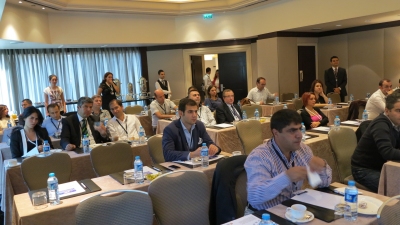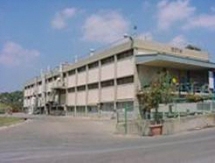On April 1, 2018, an extension order was signed that shortens the working week for full-time workers in the economy from 43 hours a week to 42 hours per week. The new initiative is an opportunity to examine the relationship between the number of hours worked in the economy and the level of prosperity and long-term economic and social strength.
A broad examination of the global data shows a strong correlation between shortened working hours and economic and social prosperity. For example, a relevant study by the OECD reveals that the five countries with the lowest hours are Germany, Norway, the Netherlands, Denmark and France. Israel ranks ninth in the world in terms of annual work hours, with 1,867 hours per year per average worker. The country where you work the most hours of the year is Mexico, which is not exactly an example of a thriving economy and society.
Germany is an interesting example. In 1960, the average worker in West Germany worked 2,163 hours a year, whereas today the German worker works an average of 1,363 hours per year – the lowest amount in the developed world. This fact did not prevent 21st-century Germany from breaking records of labor productivity and becoming an economic power that also benefits from social prosperity.
Many studies indicate that overly long working hours cause burnout and a host of health problems that can lead to professional errors, accidents, absences, dropouts from workplaces, early exit from the work cycle, and a reduction in the level of satisfaction of workers in their workplaces and their lives in general. As a result, the burden on the health system increases in a way that increases the health costs imposed on the economy, reduces the effectiveness of the health system and erodes the health system itself. It is no accident that many programs to prevent burnout at work were born in the health system.
People who grew up in organizations that accept long working hours indicate that a large proportion of workers on long working days are involved in matters unrelated to work, from excessive social networking to idle conversations to alternative jobs while working for an organization that tries to preserve them. This is not accidental – researchers of psychology and neuroscientists have already discovered that the brain cannot effectively focus on tasks more than a few hours in a row. Moreover, in order to solve the sense of overload, many workers are required to work in multitasking, which, contrary to the myth that identifies it with efficiency, has been proven time and time again as one of the factors that impair productivity and even the brain itself.
The young people born at the beginning of the 21st century, who will soon become the backbone of the Israeli and global economy and society, come to workplaces with expectations for a better balance between work and personal life. This will also push employers who are not interested in doing so to reduce and even reduce work hours, in order to recruit, maintain, motivate and maximize the output of young workers
In my opinion, shortening the work week in Israel from 43 hours to 42 hours marks the beginning of a process that will lead in the coming years to further shortening of working hours to a level that will range from 35 hours to 40 hours a week. This move will contribute not only to the welfare of the workers, but also to our economic and social strength. We must overcome the unfounded fear that shortening working hours will harm competition and prosperity in the economy. Instead, one should strive to join the club of countries such as Germany, the Netherlands and Norway, where the shortening of the work week supported economic growth and social prosperity.
 +44 208 900 9991
+44 208 900 9991 +01 480-374-7770
+01 480-374-7770




